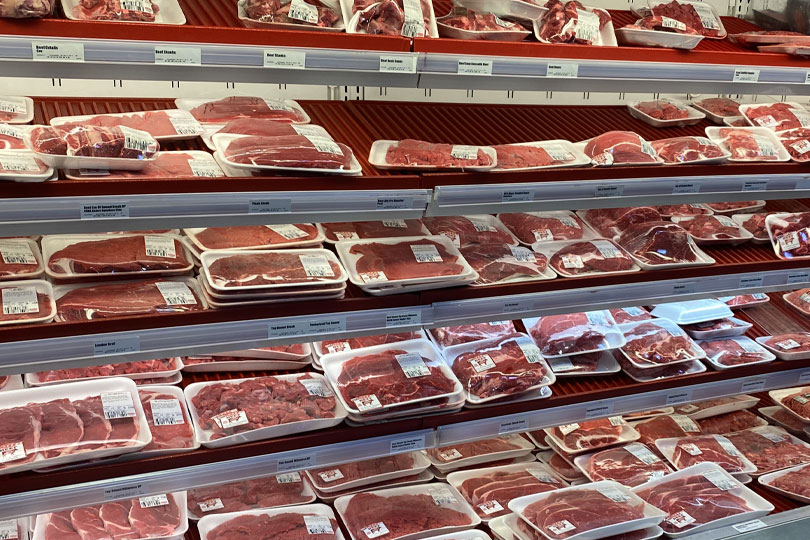The U.S. Department of Agriculture (USDA) plans to reexamine how the agency substantiates animal-raising claims that companies use to market their meat and poultry products.
“Consumers should be able to trust that the label claims they see on products bearing the USDA mark of inspection are truthful and accurate,” U.S. Secretary of Agriculture Tom Vilsack said in a statement. “USDA is taking action today to ensure the integrity of animal-raising claims and level the playing field for producers who are truthfully using these claims, which we know consumers value and rely on to guide their meat and poultry purchasing decisions.”
Animal-raising claims, such as “grass-fed” and “free-range,” are voluntary marketing claims that highlight certain aspects of how the source animals for meat and poultry products are raised.
These claims must be approved by USDA’s Food Safety and Inspection Service (FSIS) before they can be included on the labels of meat and poultry products sold to consumers.
The agency plans to revise the industry guidelines, which were last updated in 2019, after receiving requests from stakeholders to reevaluate its oversight of animal-raising claims, specifically, how they are substantiated.
FSIS also plans to partner with USDA’s Agricultural Research Service to conduct a sampling project to assess antibiotic residues in cattle destined for the “raised without antibiotics” market.
“The results of this project will help inform whether FSIS should require that laboratory testing results be submitted for the ‘raised without antibiotics’ claim or state a new verification sampling program,” USDA said in a release.
FSIS will also be issuing a revised industry guideline to recommend that companies strengthen the documentation they submit to the agency to substantiate animal-raising claims. The agency plans to strongly encourage use of third-party certification to verify these claims.
Agricultural groups, including the North American Meat Institute, will work with USDA to ensure labels are truthful and not misleading to consumers.

